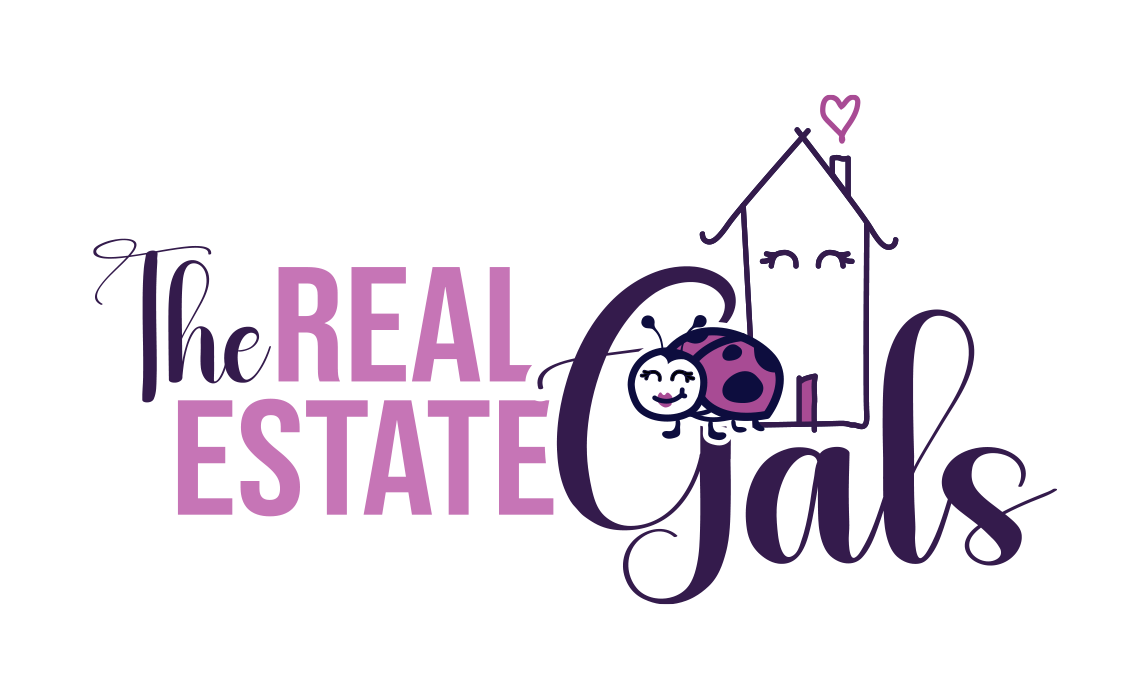“How much is my house worth?” — it’s the question every homeowner asks, especially during major life changes like divorce. But here’s the truth: no one can answer it with absolute certainty.
An Opinion of Value (OOV) is an informed estimate — a professional snapshot of what your property might sell for in today’s market. It’s not an exact science, but it’s one of the most important tools you’ll use in negotiations.
What Is an Opinion of Value?
An Opinion of Value is a document usually provided by a real estate agent that gives a best-guess estimate of what a property might sell for in today’s market based on research, professional experience, and comparative data.
While it provides valuable insight, it’s important to remember that, while it’s more detailed than a basic Comparative Market Analysis (CMA), it does not carry the legal or technical weight of a
certified home appraisal, which is performed by a licensed appraiser.
It's Not an Exact Science
Because an OOV relies on current market data and local trends, the perceived value can shift quickly. A number that feels accurate today may change next week if the market moves, buyer interest shifts, or new comparable properties sell, which can change the local averages.
The OOV is not a guarantee or formal certification; it’s a tool to guide initial discussions and set expectations.
Open to Negotiation
Perhaps the most important feature of an OOV is its flexibility. It's designed to be a starting point for conversation, not a final verdict. Buyers and sellers can use it to anchor negotiations, adjust listing prices, and respond to market feedback.
Especially in divorce situations, where asset division and emotional ties complicate the process, an OOV allows both sides to begin talks with a realistic benchmark. But everyone should remember that the number is open to challenge and re-evaluation if new data comes to light.
Why It Matters During Divorce
In divorce cases, multiple types of property evaluation tools may be brought to the table: CMA, OOV, and formal appraisal. Each has a different purpose and legal weight, but all serve as data points for negotiation.
Recognizing that the OOV is simply a starting value removes a lot of conflict. The parties can use it to negotiate, revisit terms, or commission further opinions (even competing ones) if needed.
The Bottom Line
An Opinion of Value is not a final answer — it’s a conversation starter. Whether you’re preparing to sell, navigating a separation, or simply curious about your property’s worth, it provides an informed foundation for your next steps. And as circumstances change, so can the opinion.
If you’re facing a major transition and want clarity on your home’s potential value, I’d be honoured to guide you through the process and ensure you’re starting negotiations on solid ground.
The information provided on this website does not, and is not intended to, constitute legal advice; instead, all information, content, and materials available on this site are for general informational purposes only. Views expressed are my own. Please consult a lawyer for advice on legal matters.


